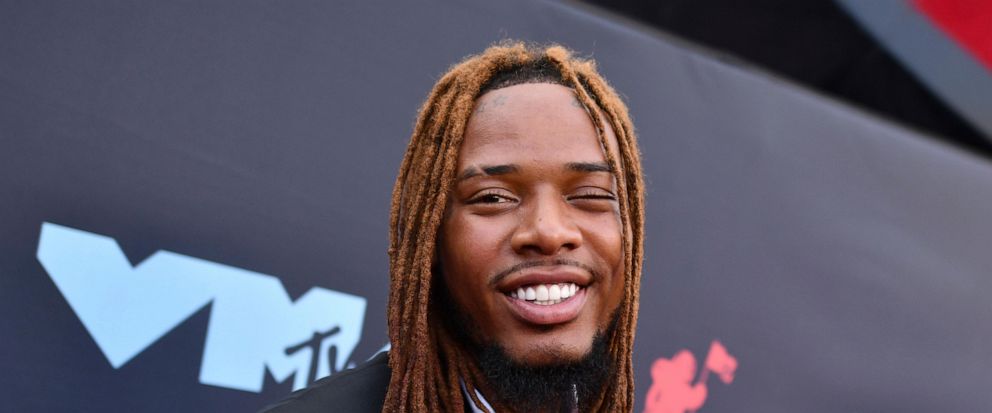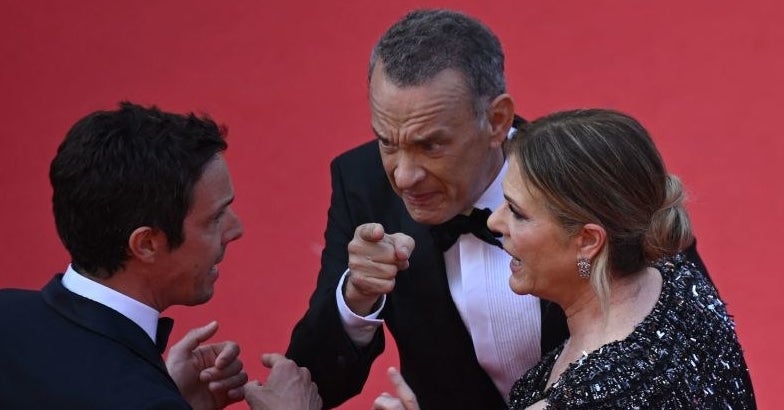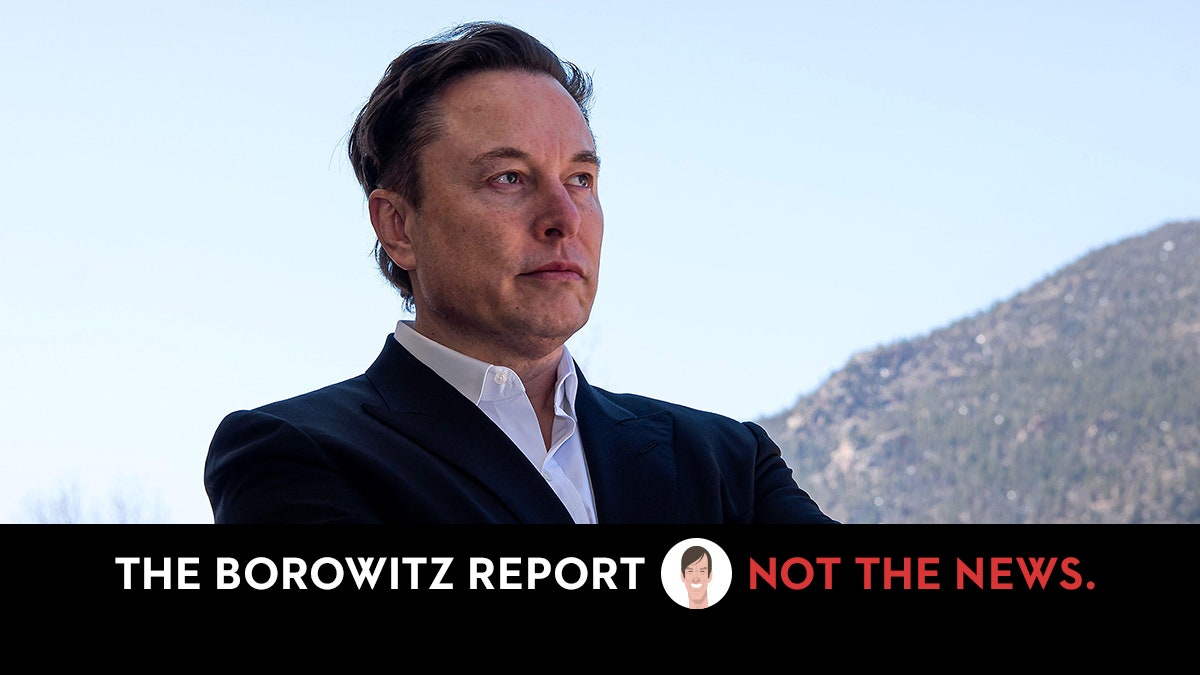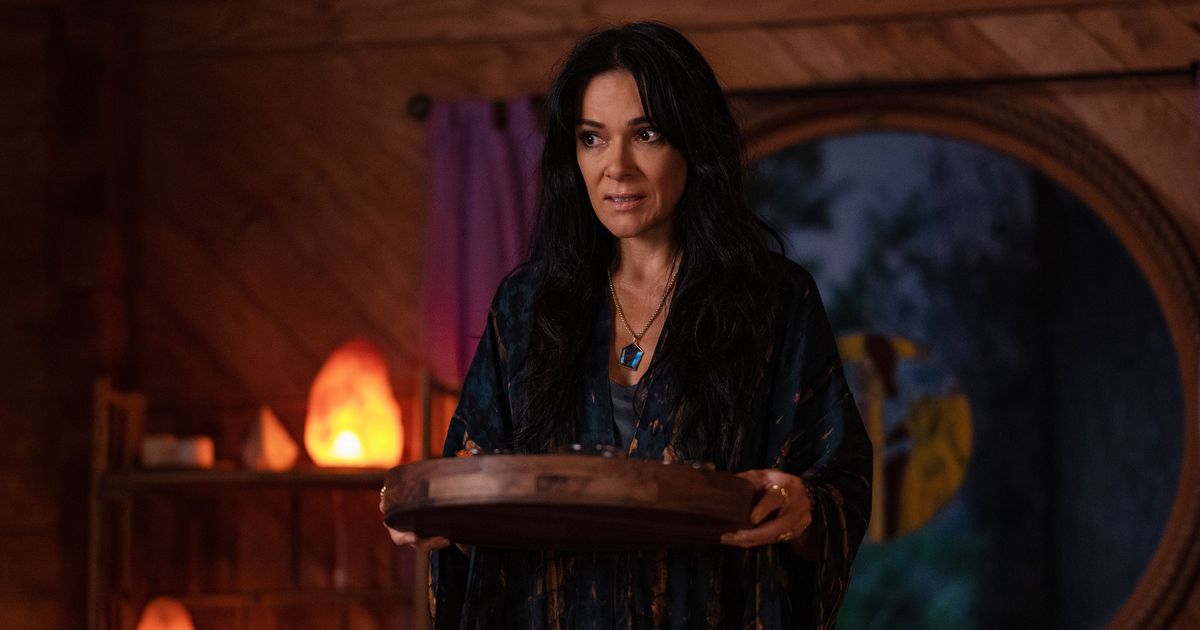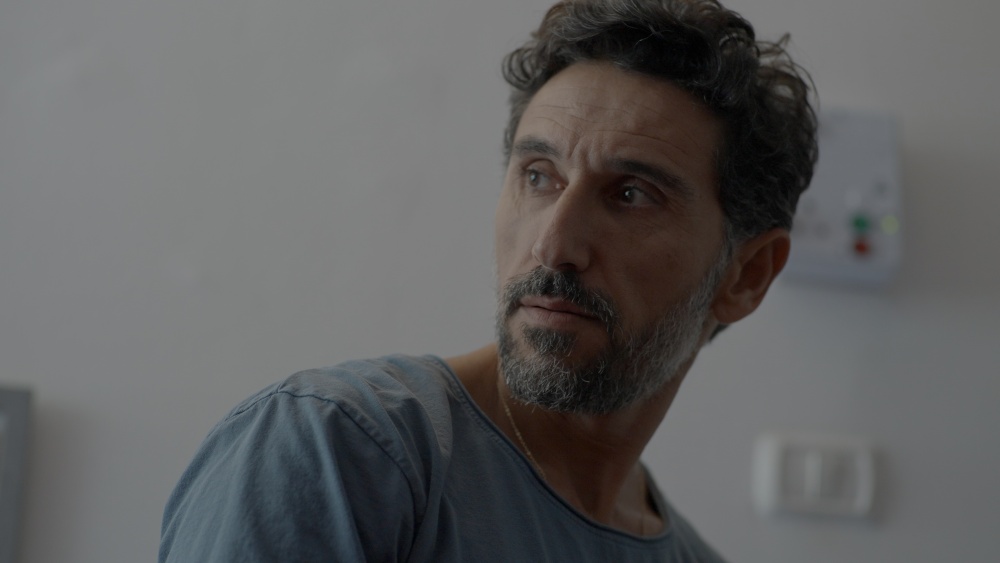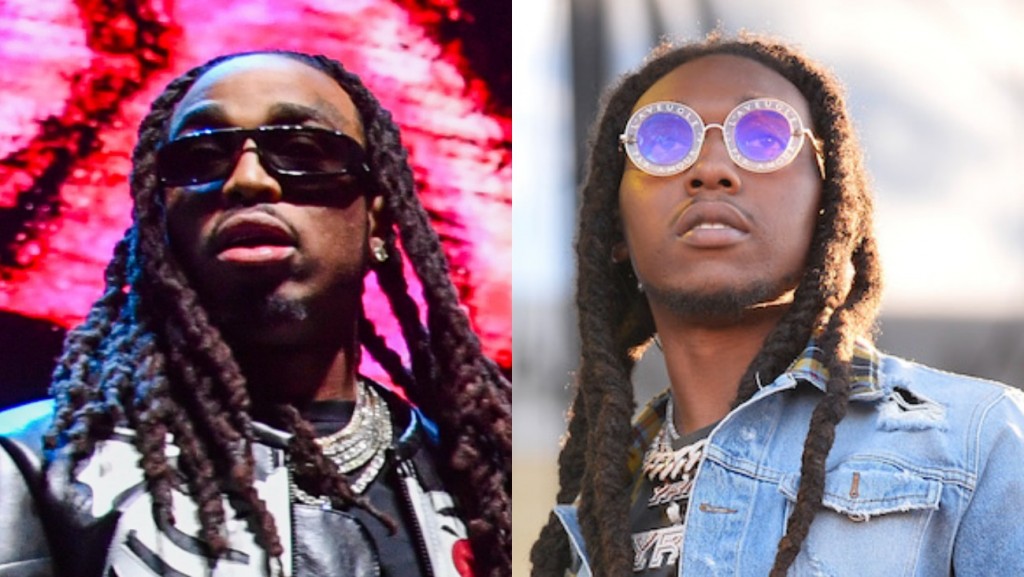MTV News was once essential. Former staffers explain what’s been lost
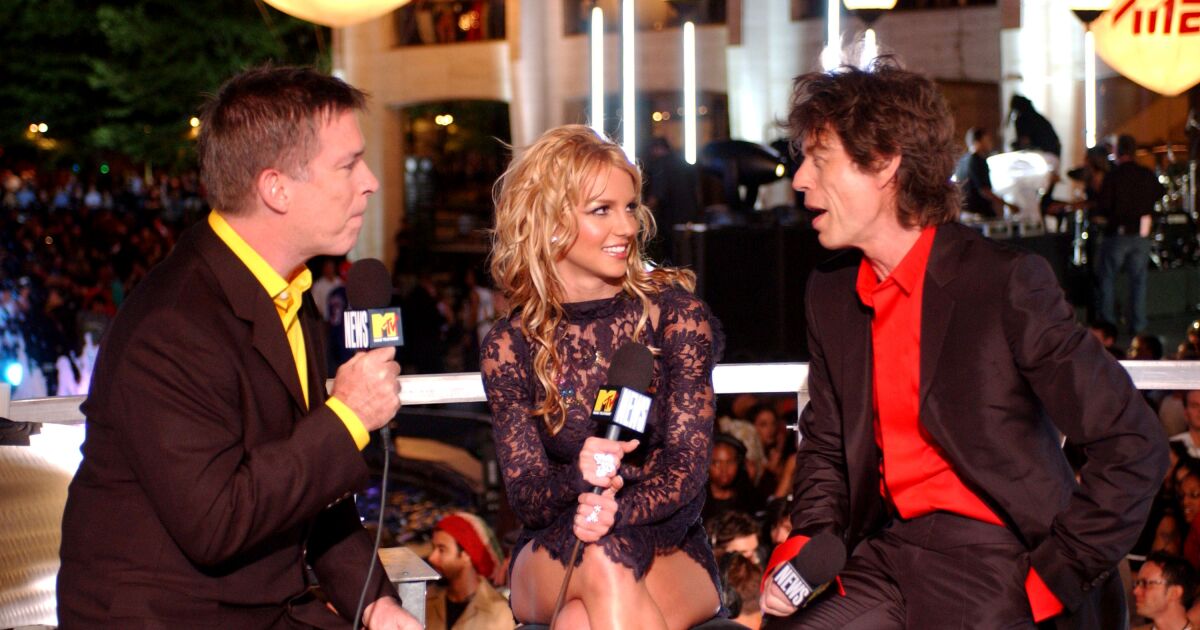
Long before they were familiar with the ping of an incoming text or the screech of a dial-up modem, Gen X-ers and older millennials learned to anticipate the whirring satellite and clacking typewriter keys that opened every MTV News brief. The signature sounds, heard dozens of times a day on the network beginning in the ‘80s, meant that information viewers cared about — like, say, George Michael tour dates — was imminent (along with the slogan, “You hear it first.”)
At a time when there was little access to the internet and no such thing as social media, MTV News was the go-to source for young people on everything from Axl Rose’s latest brush with the law to political efforts to thwart gun violence. If you were under the age of 25 in 1994, you likely heard the news of Kurt Cobain’s death from that other Kurt — Loder — rather than Tom Brokaw or Peter Jennings.
“Imagine you have no Snapchat, no Twitter, no Facebook and that you were just as interested in music and pop culture as young people have always been and wanted a place that was a one-stop shop for that kind of news and information, but also politics and social issues, that didn’t patronize or talk down to you,” said John Norris, who served as a correspondent for nearly two decades, from 1990 to 2008. “That was in the DNA of MTV.”
The pivotal role of MTV News at the turn of the millennium was perfectly captured in a deepfake promotional video for the nostalgic Showtime drama “Yellowjackets,” in which Loder — appearing eerily like he did circa 1996 — updated viewers on the mysterious disappearance of a plane carrying a high school soccer team.
So when Paramount Global — the conglomerate that owns MTV and a host of other networks — announced this week that it was shuttering MTV News amid widespread cutbacks, it triggered a flood of fond recollections about MTV News, and the on-air personalities — like Tabitha Soren and SuChin Pak who defined the brand — who encouraged young people to care as much about social issues as the lineup at Lollapalooza.
The division, founded in the mid-1980s, began as a broadcast, “The Week in Rock,” but grew to become a bustling newsroom that churned out hourly news briefs that played between blocks of music videos and special reports on issues like sexual health and the Iraq War. MTV News correspondents interviewed Tupac Shakur and Green Day as well as Kofi Annan and John McCain. They also covered many major music deaths over the years, including Shakur’s, as well as those of Christopher Wallace — better known as the Notorious B.I.G. — Lisa “Left Eye” Lopes and Aaliyah.
Tupac Shakur was a regular on MTV. His death in 1996 at the age of 25 was covered extensively by MTV News.
(Anonymous / Associated Press)
MTV News came along at a moment of transition in American culture. Nearly two decades after the founding of Rolling Stone magazine, which spoke to the baby boom generation with a then-unique blend of politics and pop culture, MTV News did the same for those of us raised on the Cold War and “The Cosby Show.” MTV instantly and irrevocably changed the music business when it launched in 1981, but even with the rise of CNN, broadcast news still looked and sounded much as it had since the dawn of TV.
MTV News changed that, with flashy, fast-paced editing and (mostly) young correspondents who wore jeans and Doc Martens instead of suits. Though Loder, who anchored “The Week in Rock” and countless news briefs, was 20 years older than the network’s target audience, he came to MTV as a well-regarded Rolling Stone reporter who had also co-written Tina Turner’s autobiography, “I, Tina.” He was authoritative, but also cool.
Surrounded by decadent rock stars and brash VJs, Loder was the unflappable straight man who refused to ham it up, smile or traffic in other niceties on camera — the New York Times once called him “the [Arthur] Dimmesdale of rock,” a reference to the dour minister in “The Scarlet Letter” — though he did infuse his reports with a bone-dry sense of humor. In a now-legendary moment that captures the chaotic energy of ‘90s MTV, Courtney Love crashed a live interview Loder was conducting with Madonna at the 1995 Video Music Awards, picked a fight with Soren, then faceplanted onto the stage. Loder looked on, nonplussed, but never lost his composure.
“We were all in awe of his writing,” said Alison Stewart, who worked at the network from 1988 to 1996. “He’s very funny and very kind but he also did not buy into any of the nonsense and always seemed slightly bemused by it all.”
Under the guidance of Dave Sirulnick, MTV News was both a product of its time and a pioneer covering the intersection of pop culture and politics. The election of a youthful president, Bill Clinton, who embraced Hollywood and had a canny understanding of how to leverage pop culture, helped fuel a divisive culture war that would define much of the decade. MTV was both the subject of and a forum for many of the controversies that defined the era, including moral panic over “gangsta rap” lyrics and sexually explicit content, like Madonna’s “Justify My Love” video — famously banned by the network.
By the early ‘90s, with the launch of “The Real World,” the network had also started branching out beyond music into unscripted shows that centered real young people who were grappling with issues such as AIDS and racism. MTV News was key to this shift in focus.
The 1992 presidential campaign marked a turning point in the history of MTV News, as the network embraced political content with its “Choose or Lose” coverage and Rock the Vote, a voter registration initiative. Soren stumbled into a role as an on-air correspondent when Loder went on vacation, and Norris, who was his usual fill-in, was busy. She became a breakout star, covering the candidates for months. The MTV team was treated by some veteran news organizations as an unserious novelty act, relegated to nosebleed seats at the party conventions that year.
“Certainly reporters who had piles of presidential race passes going back to Nixon and Kennedy were a little aloof or cool, but it didn’t bother me,” said Soren, who anchored the 11 o’clock news at a station in Vermont for several years before returning to MTV News, where she’d worked as a college student. “Being a novelty also meant that candidates were attracted to you. I mean, what a presidential candidate will do for an MTV T-shirt for their daughter is kind of incredible. It made you lose a little respect for them.” She recalled how Gov. Jerry Brown, then running in the Democratic primary for president, changed out of a suit into a flannel shirt before appearing on the network.
Former President Clinton in a scene from “Enough Is Enough: Forum With the President,” an MTV News special from 1994.” He made his first appearance on the network in 1992.
(Dennis Cook/AP Photo)
Clinton participated in a 90-minute MTV News forum with voters in the spring of 1992. Sitting President George H.W. Bush was more reluctant to engage with the “teeny-bopper network,” as he dismissed it, an insult that bolstered the caricature of him as an out-of-touch fogey. He eventually granted Soren a brief interview on the back of a moving train shortly before Election Day, but he lost to Clinton — in part because of a surge in younger voters.
“I really didn’t care who won the ’92 election. I was so much more nervous about whether or not young people were actually gonna get off their butts and go to the ballot box? And they did. That felt like a highlight,” said Soren, who applied the same youth-oriented approach to international reporting in places like Bosnia. “People were like, ‘MTV News is here, what are they doing?’ And then they realized every soldier there is 22 years old. ‘You’re interviewing Yasser Arafat?’ Well, who were the people who started the Intifada?” (The one place Soren really hated going? Daytona Beach, which became the network’s temporary home base each year during its debauched spring break coverage. “It was pretty gross,” she said.)
On the campaign trail, Soren worked closely with Alison Stewart, a producer who went on to become a correspondent. Covering the same events as mainstream, more established journalists “taught me a lesson about ‘don’t believe everything you read,’ because they would cover the same rally [as we did],” Stewart said. “And I would read about it or see it on the evening news, and I was like, ‘That’s not really how I saw it happen.’” Stewart points to the notorious “boxers or briefs” question directed at Clinton — a brief, lighthearted exchange in an otherwise substantive special about gun violence that aired on the network five years before Columbine. Yet many media observers cited it as evidence of the network’s lack of seriousness.
Stewart started at MTV as an assistant to the network’s VJs — “I used to put Downtown Julie Brown’s wigs in her dressing room,” she recalled — but was desperate to break into the news division, she said. “I was like a bad penny. I just kept turning up around the news department.”
In Stewart’s first segment as a correspondent, she trekked to a mall in New Jersey with RuPaul. She was on air for three years, interviewing U2 and David Bowie, and reporting from Woodstock ’94 and the set of Michael and Janet Jackson’s “Scream” video as Michael was facing child sexual abuse allegations. Without MTV, Stewart said, “I would not have a career in news, looking the way I do. There would be no local news department who would hire me, with my big curly hair and weird clothes. I would never have gotten a shot and been able to be authentically myself.”
MTV News was “integral to young people’s lives,” at the time, said Stewart, who left MTV in 1996 — she was turning 30 — and continues to work in the journalism as an author, host and reporter. Since MTV News’ demise was announced on Tuesday, she’s heard from many people on social media who’ve told her, “Watching MTV News made me excited to vote for the first time. Watching MTV News and seeing a young Black woman reporting from a presidential campaign meant something to me as a 15-year-old in the middle of nowhere who didn’t see people who looked like them on television.”
Gideon Yago, a correspondent who began working at the network at the start of the pivotal 2000 presidential campaign and through 9/11 and the Iraq War, was one of many viewers inspired by what he saw on MTV.
Gideon Yago at the MTV Studios in New York during a forum in 2008 with presidential hopefuls, including then-Sen. Barack Obama.
(Frank Franklin II/Associated Press)
“I was not a person who got a lot of invites to parties on Friday nights,” he recalled this week by phone. “I would sit down and watch the 8 p.m. broadcast of ‘The Week in Rock.’ That would begin my nightlong parasocial relationship with MTV that wouldn’t end until ’120 Minutes’ was done at 2. Kurt and Tabitha’s work in particular was really informative to me as a basic civics lesson and made a huge impression on me.”
By the time Yago joined MTV News, the network was in transition: Teen pop was ascendant, “Total Request Live” was the network’s marquee program and the music industry was facing the existential threat of Napster.
Yago wrote news copy for Loder and correspondent Serena Altschul, and he would occasionally get sent to cover stories about “school violence or some kid who wore a Marilyn Manson shirt to school and got suspended,” he said. At the Video Music Awards on Sept. 6, 2001, he learned his contract wasn’t going to be renewed.
Then 9/11 happened, and Yago became a crucial voice for young people — who had grown up during the relative peace and prosperity of the ‘90s — trying to comprehend a cataclysmic new reality.
“There was from the executives a real sense of responsibility to get in front of the audience and help them follow along with the world events that were changing around them, but to do it in a language that they understood, and in a medium that they connected with,” said Yago.
In the early days following the attacks, he would often imagine he was speaking to his kid sister, then 13, through the camera lens, trying to level with her about what was happening. “There was an innocence and an earnestness that was part of our delivery that I think you can only get away with with a young audience. It’s a very humane way to tell stories about the world. And I don’t know where that exists right now. And it’s a shame.”
When the United States went to war in Iraq and Afghanistan — sending people his own age into the battlefield — Yago pushed to cover the conflicts on the ground and made young veterans’ issues a focal point of his reporting. “When I was in college, Woodstock ’99 had happened. MTV had five correspondents and 24/7 cameras and they covered it like it was the biggest event in American society. And I was like, ‘Well, there’s 170,000 Americans in Iraq right now, most of whom are under 25. Shouldn’t we send just one [reporter?]’” he said.
Yago left in 2007, citing burnout — a common problem in the division, he said. “The joke was always that it was run on the 20-20-20 rule, which is that you hire a 20-year-old, you pay him $20,000 and you work him 20 hours a day.”
Over the last decade and a half, as MTV embraced tawdrier fare like “The Jersey Shore,” then became a repository for reruns of “Ridiculousness,” the news division faced the same dizzying editorial pivots and sweeping layoffs that devastated other media outlets — including the most obvious inheritors of its legacy, Buzzfeed and Vice News. During a short-lived foray into long-form journalism in 2015, MTV News enlisted a talented batch of young culture writers, many from the website Grantland — only to lay them off and pivot to video two years later.
When the end of MTV News was announced this week, it was bittersweet if not surprising, said Yago, now a TV writer with credits that include “The Newsroom” and “The Mosquito Coast.” He has been reminiscing about his MTV News days in WhatsApp groups and text threads.
“I have real affection for the people I worked with. It was a murderers’ row in its day.” he said. “Because we were such a scrappy little division, because we did so much with so little, it was always easy to forget the reach or the impact of the work.”
